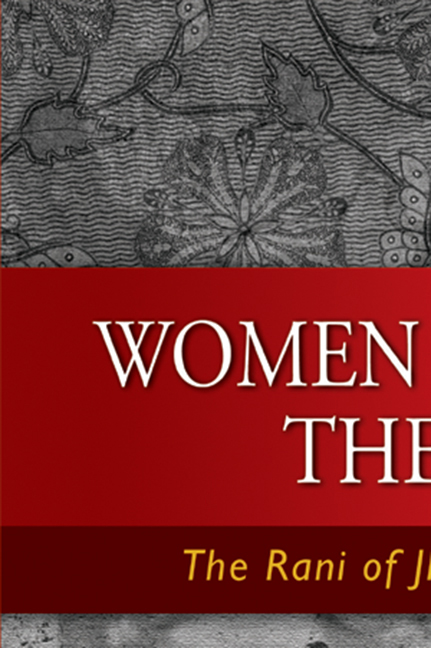Book contents
- Frontmatter
- Dedication
- Epigraph
- Contents
- Message from ISEAS Director
- Foreword
- Preface
- Acknowledgements
- 1 The Historical Rani
- 2 Bengali Nationalism
- 3 Bengali Women Revolutionaries
- 4 Subhas Chandra Bose
- 5 The Indian National Army
- 6 Volunteers from the Malayan Rubber Estates
- 7 The Rani of Jhansi Regiment
- 8 Deployed to Burma
- 9 After the War
- 10 Conclusion
- Epilogue
- Bibliography
- Index
- About the Author
- Frontmatter
- Dedication
- Epigraph
- Contents
- Message from ISEAS Director
- Foreword
- Preface
- Acknowledgements
- 1 The Historical Rani
- 2 Bengali Nationalism
- 3 Bengali Women Revolutionaries
- 4 Subhas Chandra Bose
- 5 The Indian National Army
- 6 Volunteers from the Malayan Rubber Estates
- 7 The Rani of Jhansi Regiment
- 8 Deployed to Burma
- 9 After the War
- 10 Conclusion
- Epilogue
- Bibliography
- Index
- About the Author
Summary
I was invited to the Golden Jubilee Conference at the Netaji Research Bureau in Kolkata on 23 January 2007. There I met a major speaker, Janaki Athi Nahappan, who during World War II was second in command of the Rani of Jhansi Regiment, part of the Indian National Army. She invited me to visit her in Kuala Lumpur to write her story and the story of the Regiment. I had commented at a session of the conference that a definitive study of the Rani of Jhansi Regiment remained to be written. As I have written two books on the historical Rani of Jhansi and one on the Indian National Army, several people at the conference suggested that I write the history of the Regiment. Subsequently I was also invited to visit Dr Lakshmi Sahgal in Kanpur, who commanded the Regiment, an extraordinary woman in her nineties who still practices medicine. She has also written her autobiography. This combination of invitations was enticing, but I wondered how I would finance such a study. I then received an offer of a fellowship from Ambassador Kesavapany, Director of the Institute of Southeast Asian Studies in Singapore. With this encouragement, I was on my way to India and Southeast Asia to embark on the project.
Regarding the organization of this book, Subhas Chandra Bose was creator of the Rani of Jhansi Regiment as part of the Indian National Army and is key to its story. Since he invoked the name and image of the historical Rani of Jhansi for the name of the Regiment, a brief survey of her life and legend serves as the background for the story of the Regiment.
Bose's revolutionary ideology was nurtured in the fertile soil of late nineteenth and early twentieth century Bengal, the fulcrum of revolutionary nationalism in the subcontinent, and we consider here its generative components. Bose knew many of the Bengali women whose nationalism erupted in revolutionary acts, and he, while encouraging these women, was inspired by the germ of the idea of a unit of women armed to fight for independence. We consider these noteworthy women here.
Bose himself was a complex though in adulthood single-minded individual, passionately dedicated to attaining India's liberation from the slavery of colonialism. His early life before he left for Southeast Asia is considered in a chapter.
- Type
- Chapter
- Information
- Women Against the RajThe Rani of Jhansi Regiment, pp. xii - xivPublisher: ISEAS–Yusof Ishak InstitutePrint publication year: 2008



